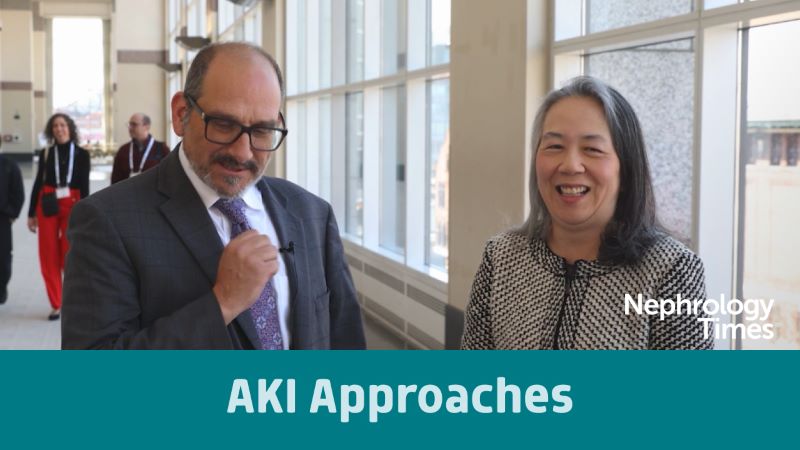
Sodium-glucose transport protein 2 inhibitor (SGLT2i) therapy is used to delay the progression of chronic kidney disease. However, few data on the efficacy of SGLT2i among patients with autosomal dominant polycystic kidney disease (ADPKD) are available.
Researchers conducted a study to examine the effects of SGLT2i on estimated glomerular filtration rate (eGFR) slope in patients with ADPKD and reported results at the National Kidney Foundation Spring Clinical Meetings 2025. The retrospective cohort study was conducted within the US Veterans Health Administration. The cohort included 348 adult patients with a diagnosis code for ADPKD who initiated treatment with an SGLT2i between January 2017 and May 2023.
The researchers evaluated eGFR slope before and after SGLT2i initiation using repeated- measures models. The effects of SGLT2i versus dipeptidylautosomapeptidase-4 inhibition (DPP4i) on eGFR slope among patients with ADPKD and type 2 diabetes were compared using a target trial emulation.
Of the 348 participants, 93% were male; mean age was 68 years, and median eGFR was 53 mL/min/1.73 m2. In adjusted analyses, the eGFR slope was –0.77 mL/min/1.73 m2 before SGLT2i initiation, reduced to –2.89 mL/min/1.73 m2 during the first 3 months after initiation, and attenuated to –0.18 during 3 to 12 months of follow-up.
In the comparison model, during the first 3 months after SGLT2i use, eGFR declined –3.74 mL/min/1.73 m2 days faster compared with DPP4i use. The slope was more stable among the SGLT2i users during 3- to 12-month follow-up (difference of 1.61 mL/min/1.73 m2).
In conclusion, the authors said, “SGLT2i initiation in ADPKD was associated with steeper eGFR decline during the first 3 months post-initiation, followed by an attenuated eGFR slope for the remainder of the 1-year follow-up. In the subset of patients with type 2 diabetes, SGLT2i versus DPP4i use was associated with a slower eGFR decline between 3 to 12 months post-initiation. These findings suggest that SGLT2is are potentially beneficial in ADPKD, but further studies are required.”
Source: Eswarappa M, Madden E, Shlipak M, et al. Association of SGLT2i therapy with longitudinal eGFR changes among U.S. veterans with ADPKD. Abstract #G-491. Presented at the National Kidney Foundation Spring Clinical Meetings 2025; April 10-13, 2025; Boston, MA. doi:10.1053/j.ajkd.2025.02.492







 © 2025 Mashup Media, LLC, a Formedics Property. All Rights Reserved.
© 2025 Mashup Media, LLC, a Formedics Property. All Rights Reserved.